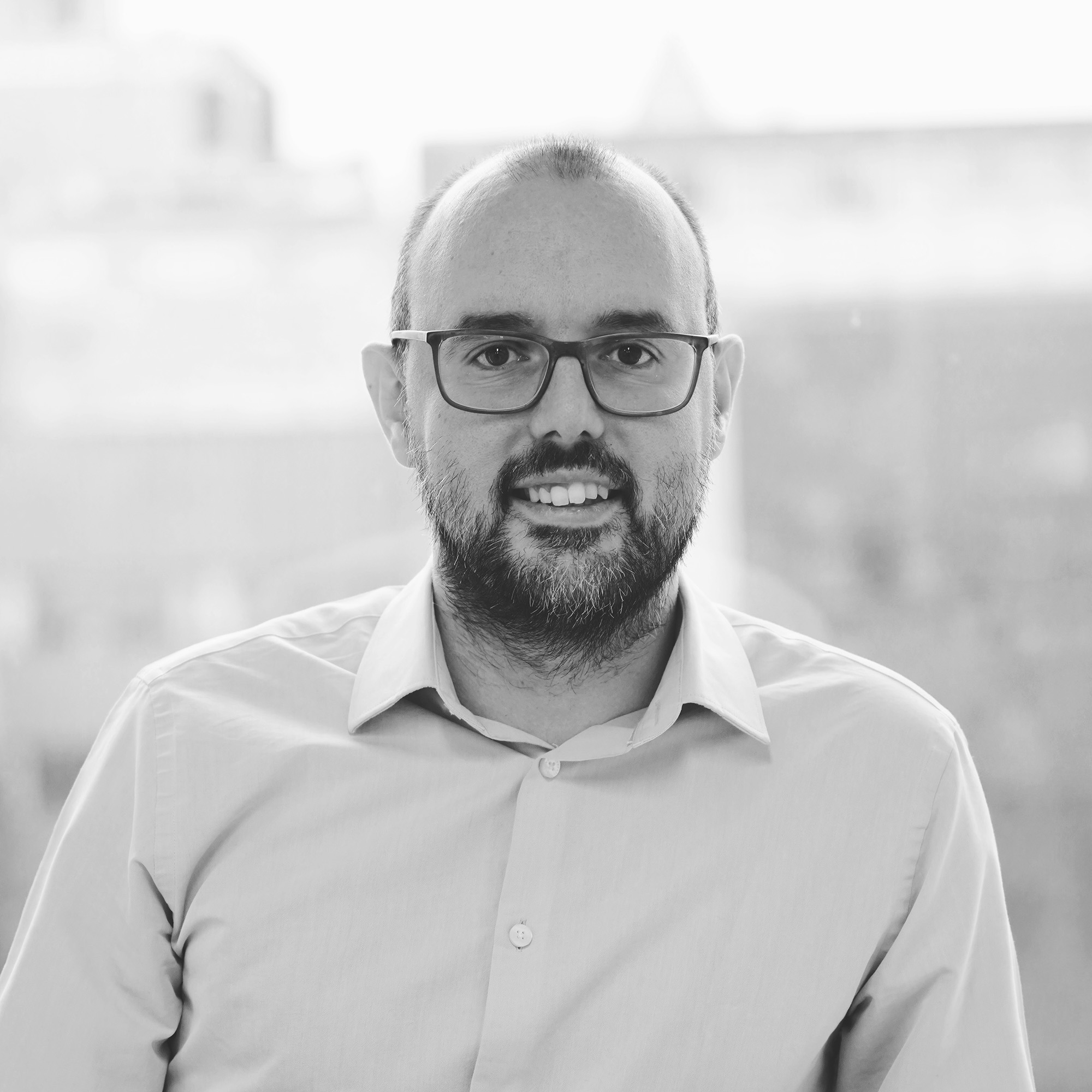TEAM
I received my PhD in organic chemistry in 2014 from the University of Santiago de Compostela. The focus of my thesis was on the design and synthesis of fluorescent DNA binders. I developed a new synthetic methodology that enabled a straightforward synthesis of bisbenzamidines and new fluorescent probes. Moreover, I created new chemical approaches to control the interaction of these small molecules with the DNA. I envisioned a pioneering strategy that consists of using an organometallic catalyst in living cells to trigger a biological event, such as DNA binding. For this work, I was awarded with the Eli Lilly Prize for PhD students.
As I was eager to learn molecular biology and directed evolution, in 2015 I joined the group of Prof. Alice Ting at the Massachusetts Institute of Technology (MIT), and later in the Department of Genetics at Stanford University. I was awarded with an EMBO long-term postdoctoral fellowship, and my work was focused on the development of new molecular tools for cell biology and neuroscience. As an example, I developed a new platform for the directed evolution of the TEV protease, which yielded faster mutants. For this work, I was awarded XIII Suschem prize in 2021. In 2020 I decided to join the Synthetic Biology Centre in the department of Bioengineering at Imperial College London, to work with Prof. Tom Ellis to gain further expertise in the development of molecular biology using engineering principles. I was awarded with a Marie-Curie Sklodowska-Action supported by the EU Horizon 2020. The project Evolving together (Grant Agreement number 101024747), involved the design of genetic circuits to study DNA repair mechanisms.
I have recently been awarded with a Wellcome Trust Career Development Award and I am starting my independent group in the department of chemistry at Cambridge.
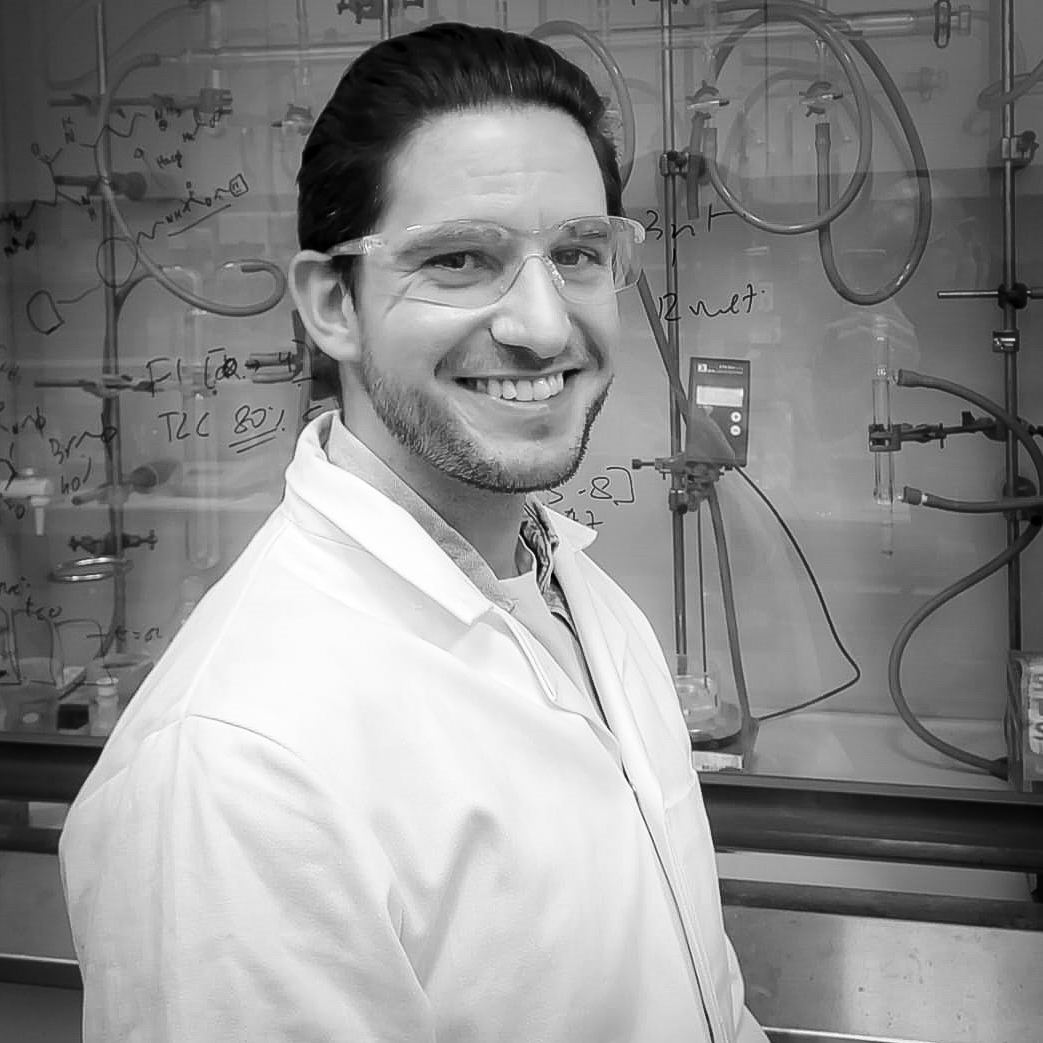
Dr. Damián Padín SantosPostdoctoral research associate
Damian received his PhD in Organic Chemistry from the University of Santiago de Compostela (Spain) in 2019. He studied under the supervision of Prof. Carlos Saá and Prof. Jesús A. Varela, and the focus of his thesis was on the development of new chemical transformations based on the catalytic generation of ruthenium vinyl carbenes. In 2017, he was awarded with a Barrié Foundation fellowship to perform a short stay in the group of Prof. Amir H. Hoveyda (Boston College, USA) In April 2020, he joined the group of Prof. Ben L. Feringa at the University of Groningen as a Marie Curie COFUND to explore many aspects related to chirality. Since November 2023, Damian has joined the lab as a research associate, where he is developing new biocatalytic transformations.
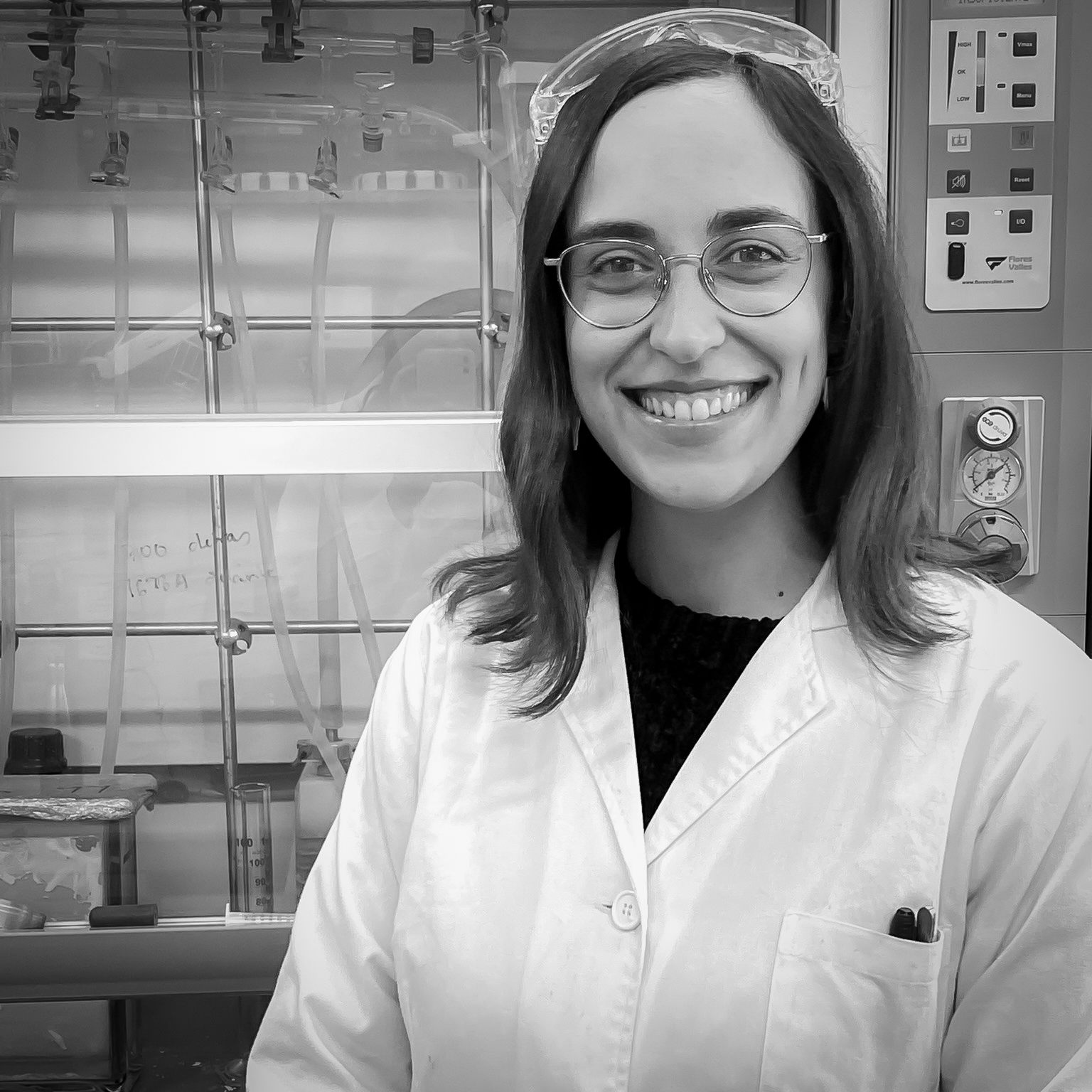
Dr. Nerea González GallardoPostdoctoral fellow - Martín Escudero Fellowship
Nerea received her PhD in organic chemistry in 2023 from the University of Alicante in the group of Diego J. Ramon, where she was funded by a predoctoral grant sponsored by the Generalitat Valenciana (Spain). During this time, she did an internship in the group of Prof. Willis at the University of Oxford. Her thesis was focused on the design and use of deep eutectic mixtures for the development of new environmentally friendly synthetic methodologies. As she was eager to learn enzyme catalysis, she joined the lab as a research fellow with a Martin Escudero Fellowship.
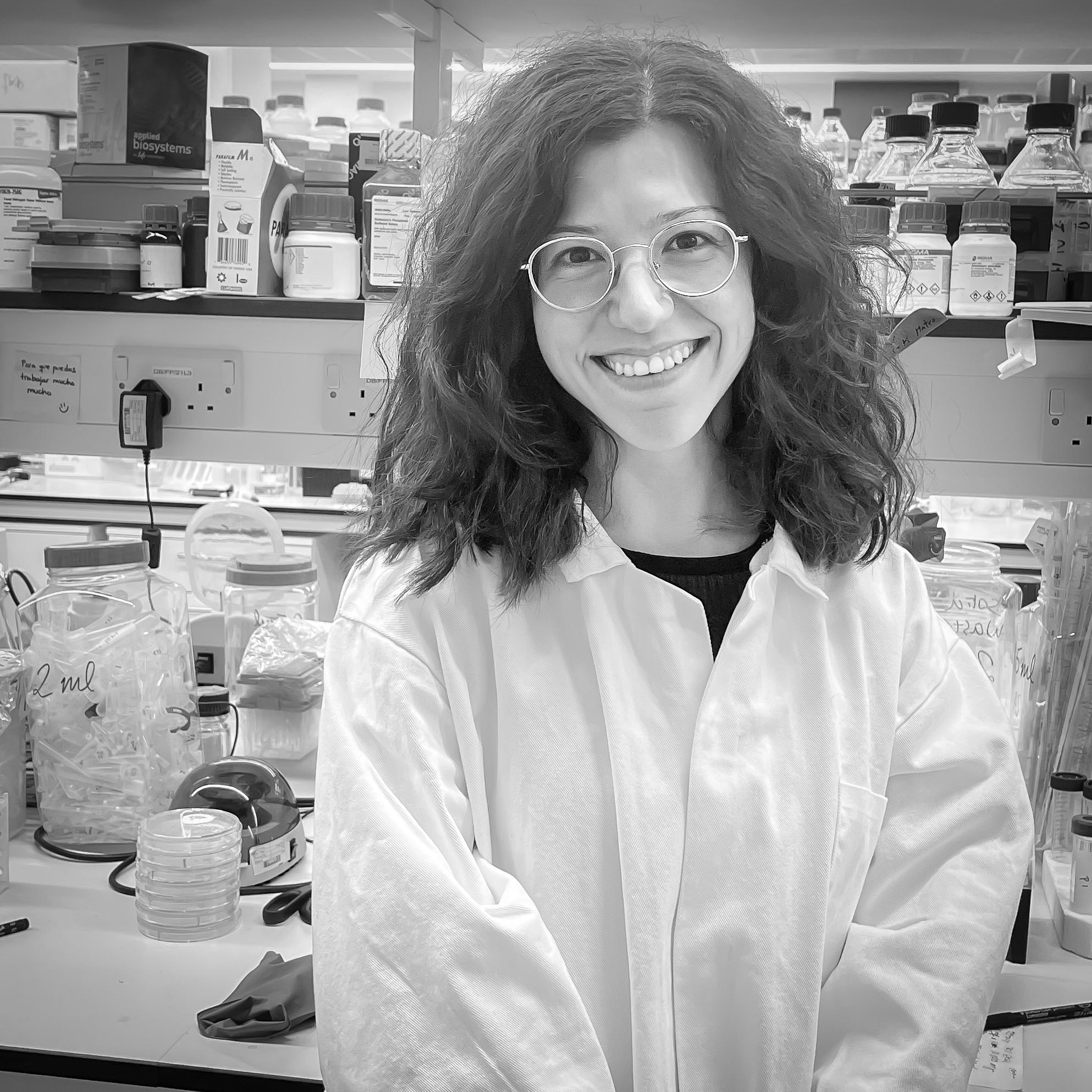
Dr. Alicia Climent CatalaPostdoctoral research associate
Alicia was awarded a PhD in Synthetic Biology from Imperial College London in 2024, supported by the Leverhulme Doctoral Scholarship Programme. Her thesis centers on electrogenetic systems designed to regulate gene expression in bacterial cells. Alicia joined the lab as a research associate and is working in synthetic biology and protein engineering for neuroscience applications.
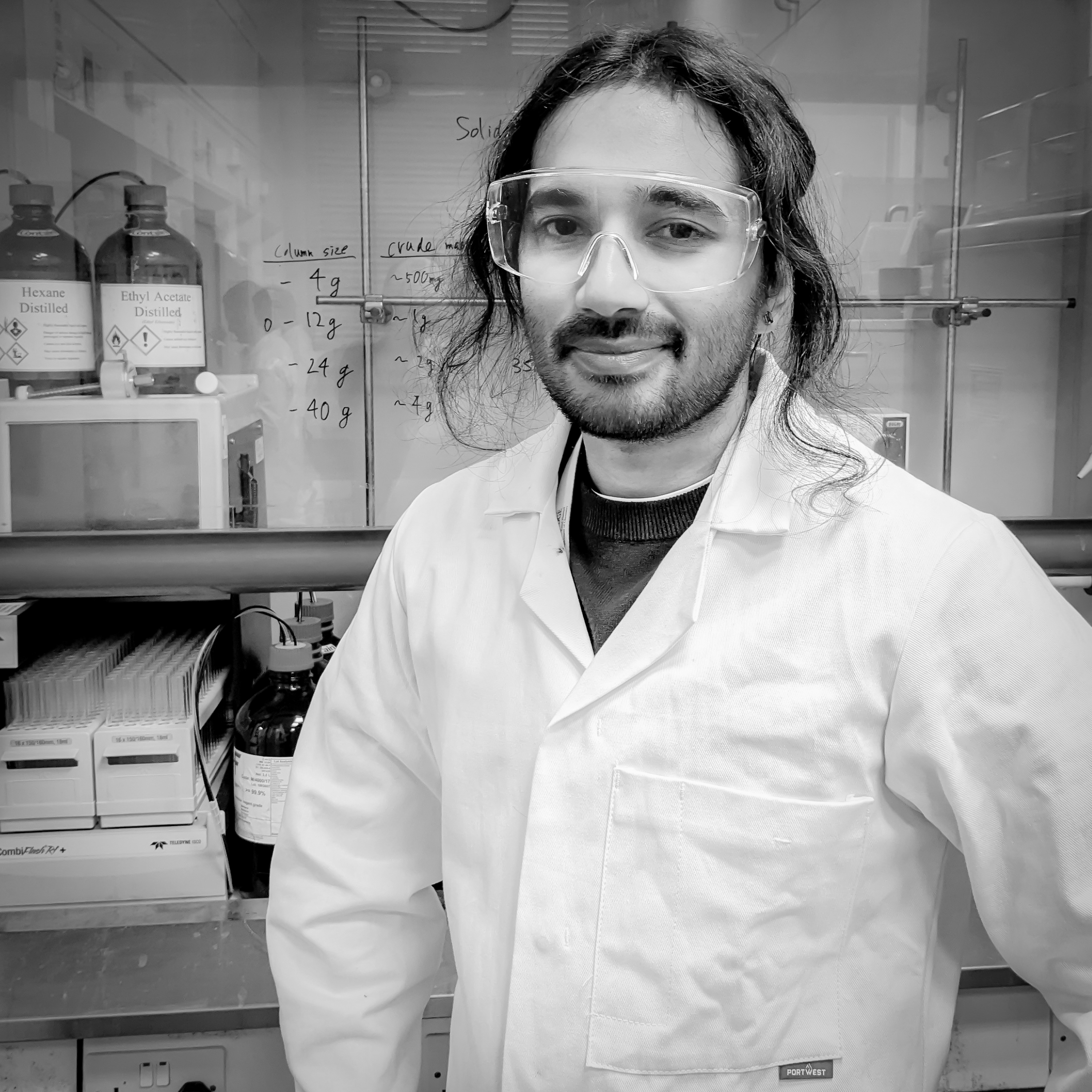
Dr. Chatura Goonesinghe Postdoctoral fellow - Herchel Smith fellowship
Chatura received his PhD in inorganic and polymer chemistry in 2023 from the University of British Columbia (Vancouver) under the supervision of Prof. Parisa Mehrkhodavandi where he was supported by a UBC 4-year Doctoral Fellowship and an NSERC CREATE Scholarship. During his doctoral work, he designed new group 13 catalysts and studied their structure-function relationships in polymerization reactions to produce novel biodegradable materials. He aims to create and investigate new libraries of artificial metalloenzymes in new-to-nature reactions.
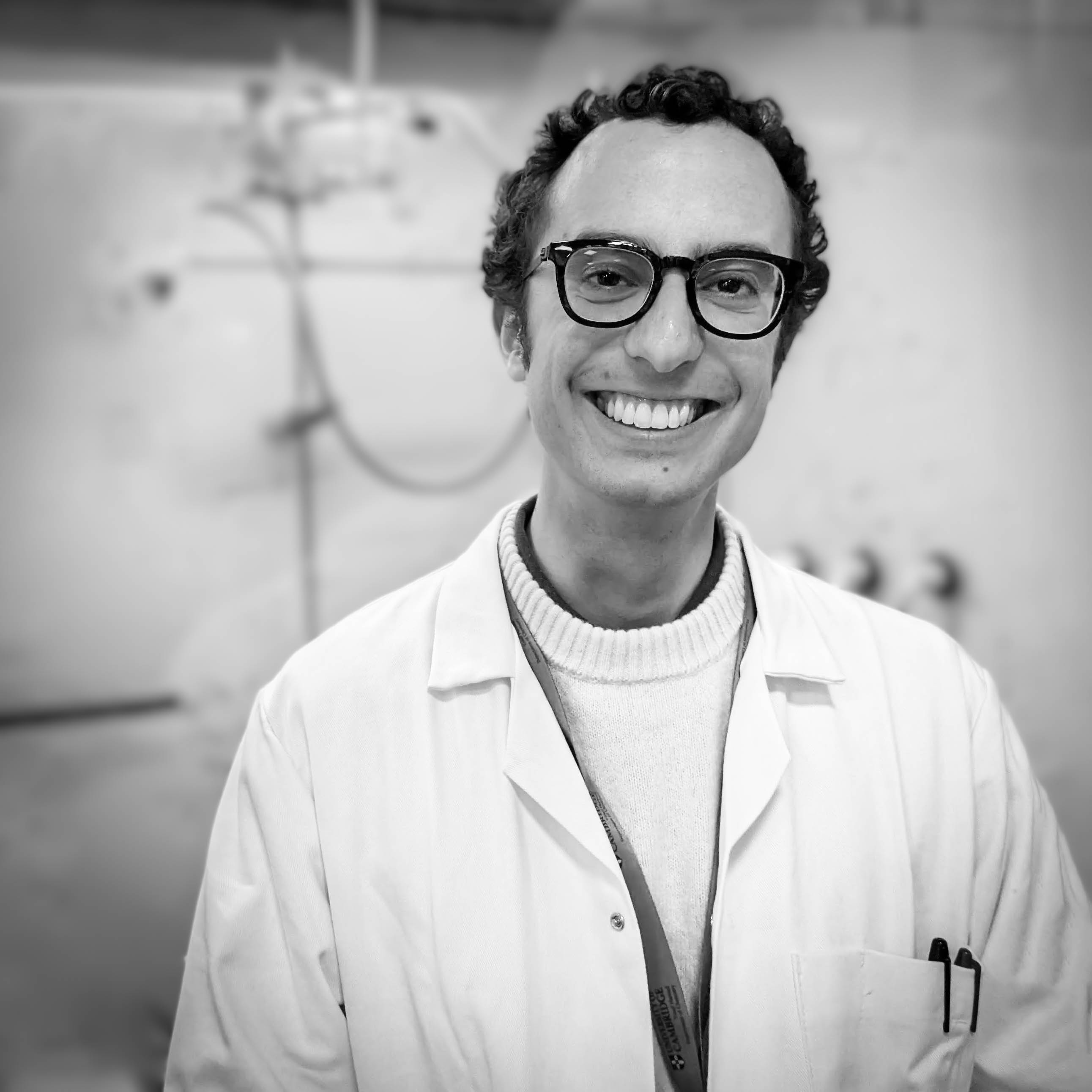
Marti GarçonPosition
Description.
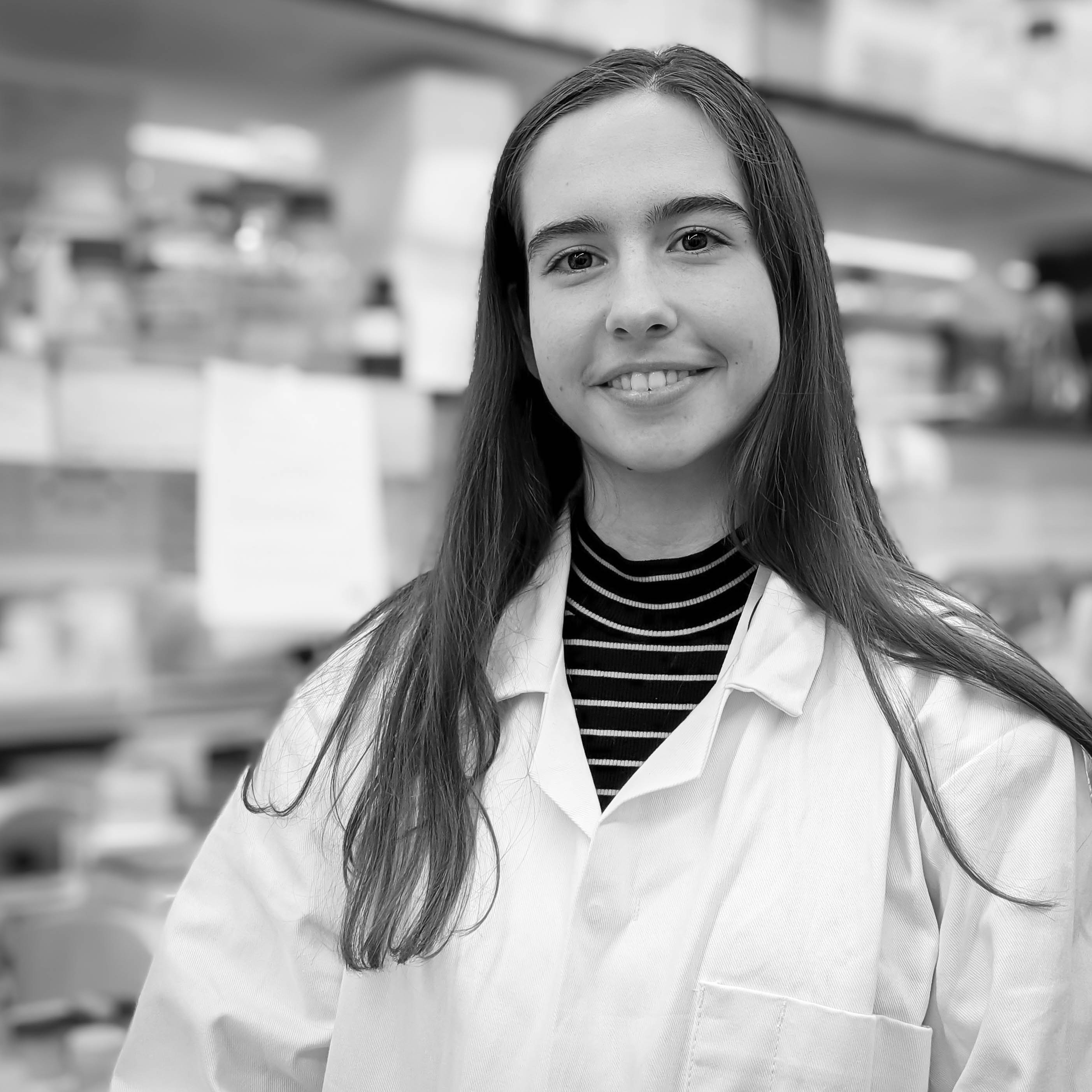
ClaraPosition
Description.
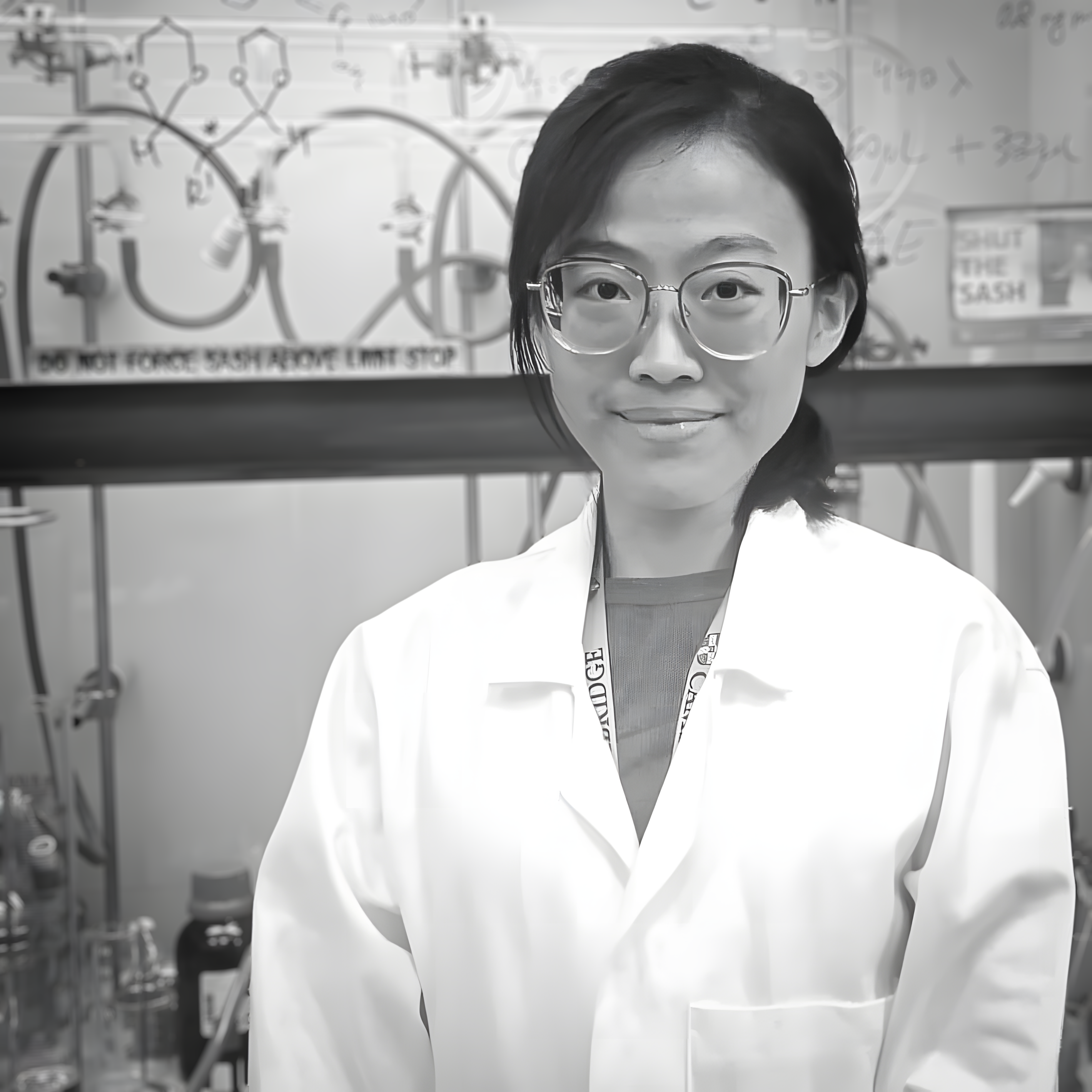
MandyPosition
Description.
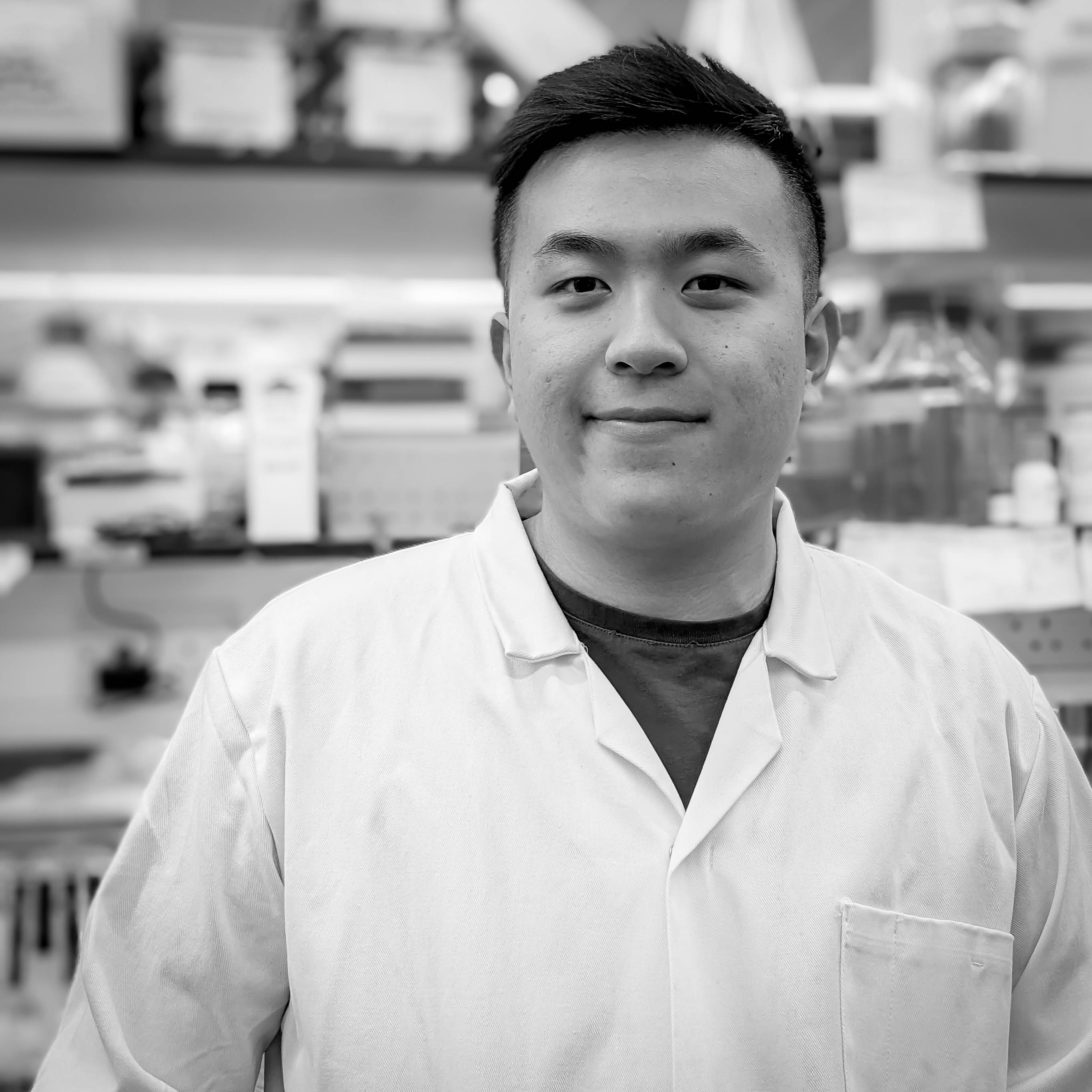
YuanchengPosition
Description.
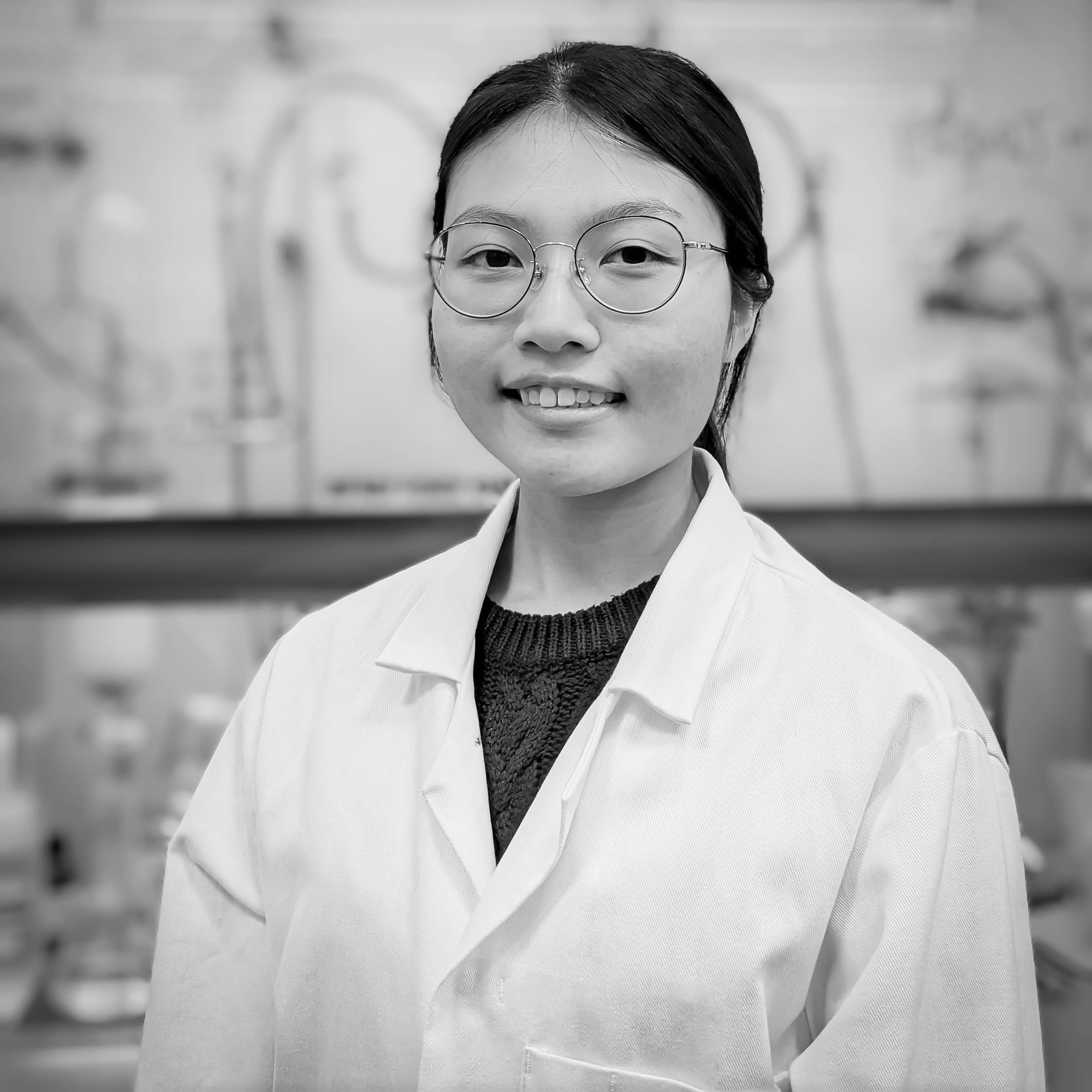
HiuYuPosition
Description.
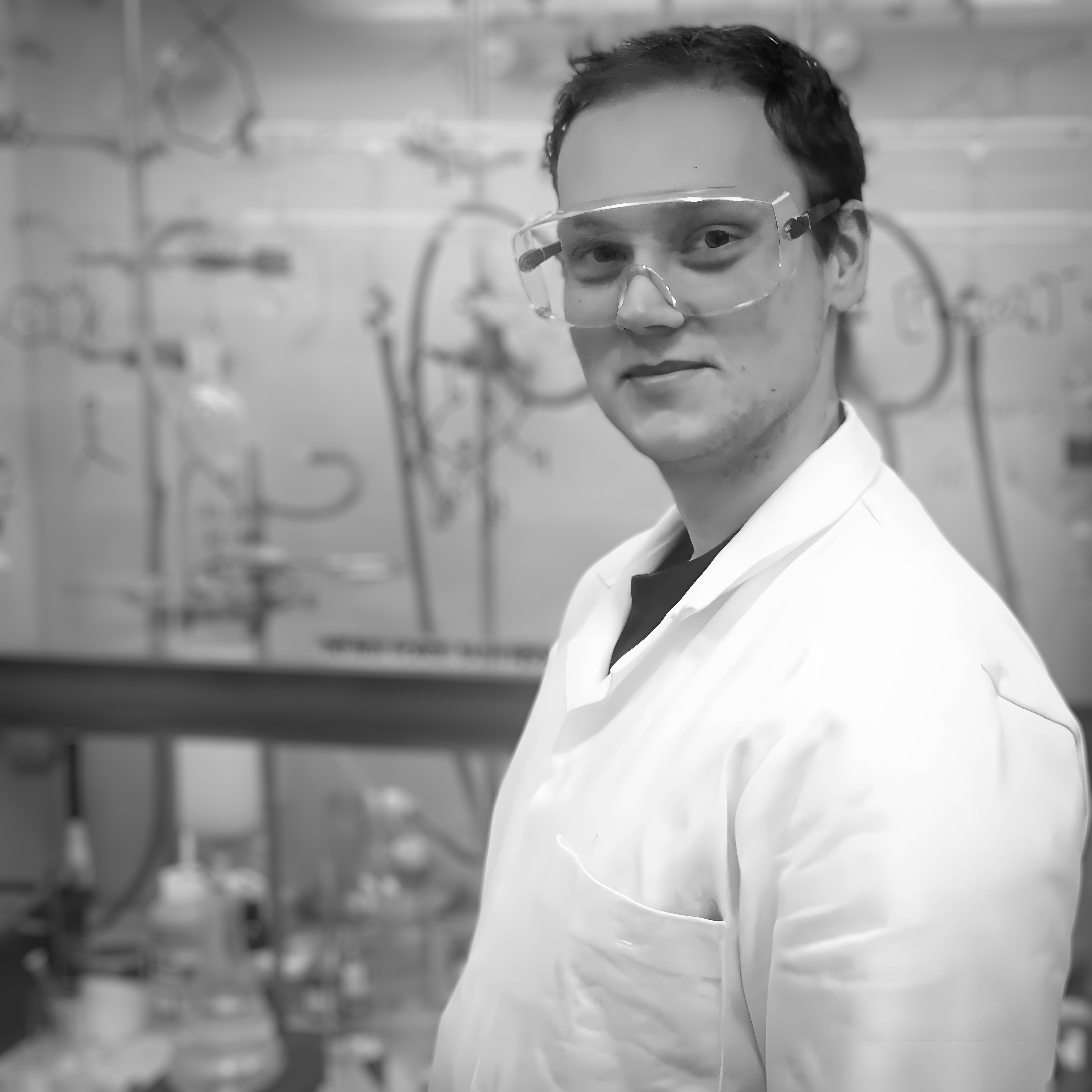
NathanPosition
Description.
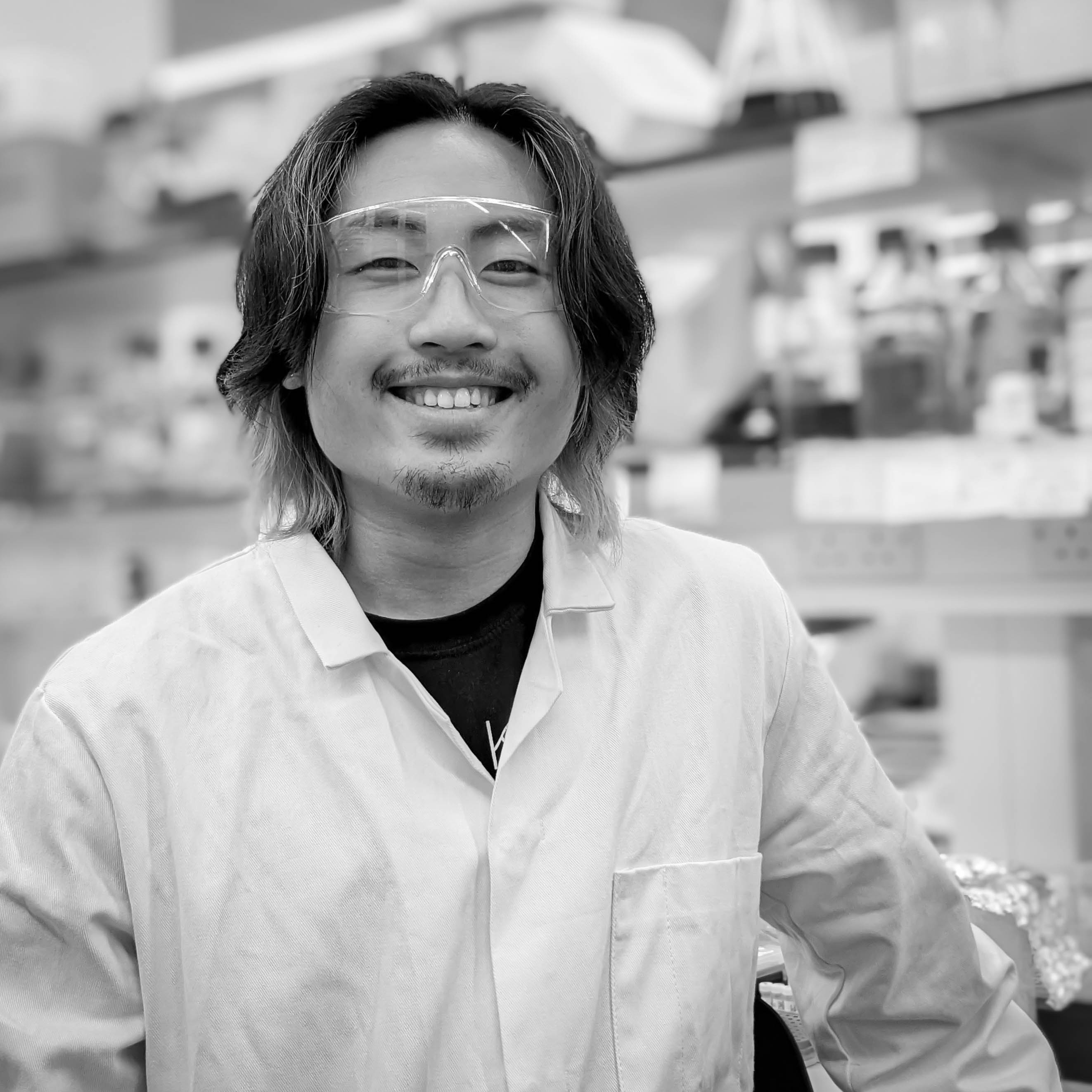
KhaiPosition
Description.
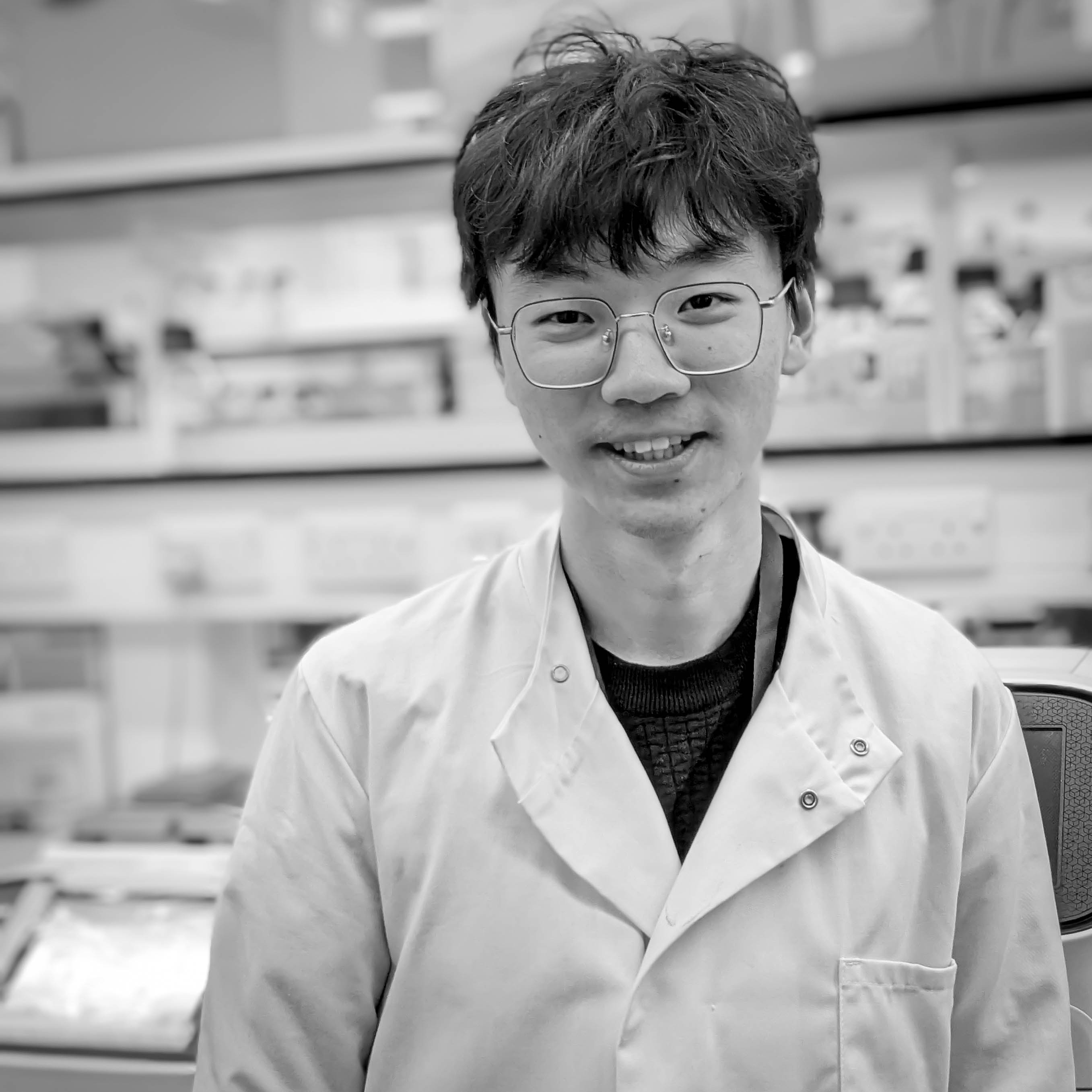
XinlongPosition
Description.


